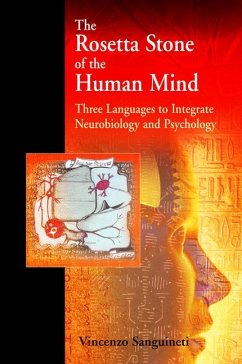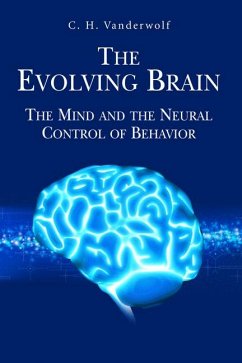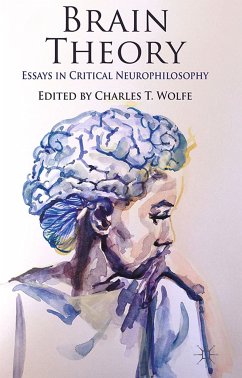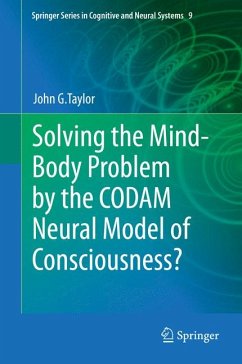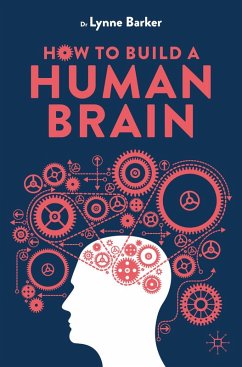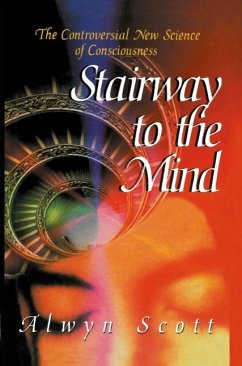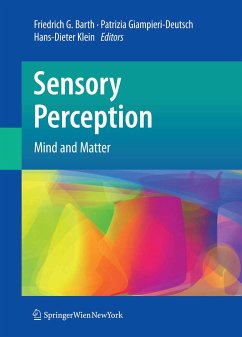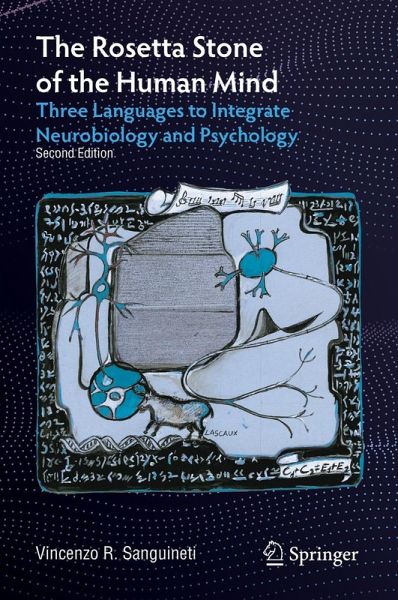
The Rosetta Stone of the Human Mind (eBook, PDF)
Three Languages to Integrate Neurobiology and Psychology
Versandkostenfrei!
Sofort per Download lieferbar
32,95 €
inkl. MwSt.
Weitere Ausgaben:

PAYBACK Punkte
16 °P sammeln!
The study of the brain-mind complex has been hampered by the dichotomy between objective biological neuroscience and subjective psychological science. The two antithetical avenues of research are partly responsible for the failure to unravel the transformation of neural events into mental images: how matter becomes imagination, and vice versa; is the brain's consciousness equivalent to Ego consciousness? Is the ego the self? In its new and updated edition, "The Rosetta Stone of the Human Mind: Three Languages to Integrate Neurobiology and Psychology" illustrates how the simultaneous use of the...
The study of the brain-mind complex has been hampered by the dichotomy between objective biological neuroscience and subjective psychological science. The two antithetical avenues of research are partly responsible for the failure to unravel the transformation of neural events into mental images: how matter becomes imagination, and vice versa; is the brain's consciousness equivalent to Ego consciousness? Is the ego the self? In its new and updated edition, "The Rosetta Stone of the Human Mind: Three Languages to Integrate Neurobiology and Psychology" illustrates how the simultaneous use of the languages of neurobiology, of mathematics, and of the humanities, enriches the understanding of the neural and mental realms and adds new dimensions to our perception of neuropsychological events. Dr. Sanguineti shows how the two seemingly dichotomous approaches are similar in what they describe, and he explores how the awareness and application of these perspectivesare helpful in getting a deeper theoretical grasp on major mental events, giving us a better understanding of individual minds, and fostering a more integrated therapeutic intervention. The intended readers include neuroscientists, psychiatrists, psychologists, and anyone interested in the human mind.
Dieser Download kann aus rechtlichen Gründen nur mit Rechnungsadresse in A, B, BG, CY, CZ, D, DK, EW, E, FIN, F, GR, HR, H, IRL, I, LT, L, LR, M, NL, PL, P, R, S, SLO, SK ausgeliefert werden.



